
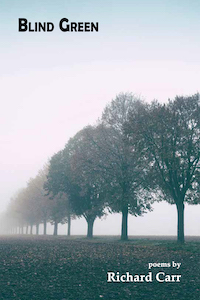 |
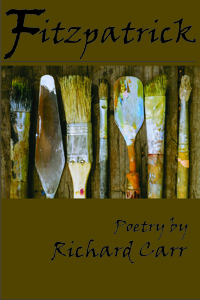 |
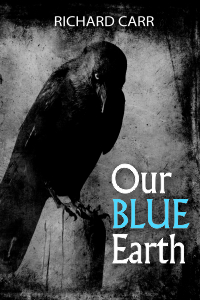 |
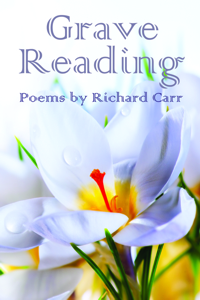 |
|
|
|||
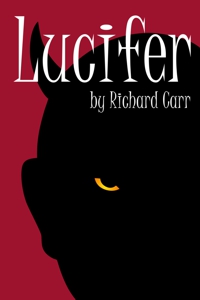 |
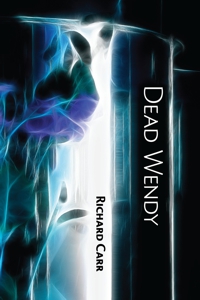 |
 |
 |
|
|
|||
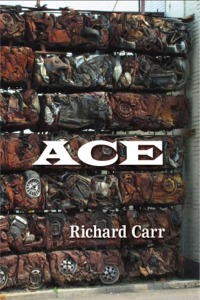 |
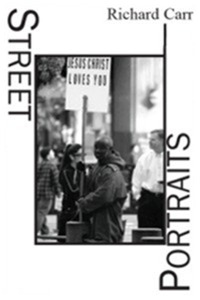 |
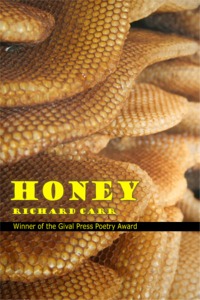 |
 |
|
|
|||
|
Publications | Résumé | Facebook | Amazon | Email |
|||
|
|
||||||||||||||||
|
|
||||||||||||||||
|
His Bartender |
|||||||||||||||
|
|
||||||||||||||||
|
|
||||||||||||||||
|
Lost |
|||||||||||||||
|
|
|||||||||||||||||||
|
|
|||||||||||||||||||
|
dead dead |
||||||||||||||||||
|
|
|||||||||||||||||||
|
|
|||||||||||||||||||
|
I. |
||||||||||||||||||
|
|
||||||||||||||||
|
|
||||||||||||||||
|
The Boy's Version |
|||||||||||||||
|
|
|||||||||||||||||||
|
|
|||||||||||||||||||
|
1. God tells me to make poems about his creation, green lakes with acres of blue sky, the sudden boiling of thunderheads, also bricks, the two-story storefront, the gift shop with its candles and little boxes of stationery, the bistro next door, monochromatic, unfriendly in daylight, and the piles of uncollected garbage in the alley, twenty-seven bags attracting only three flies so far who buzz loops in the air in their joy, and I will fly loops in the sky. 2. I tell God it will be difficult to obey him because I don’t believe in flying men except in a man-made airplane and in my dreams of silver wings, for even with all his famous might, he could not lift me an inch above the bed but in fact does all he can to throw down the airplane, fill it with spiraling, dizzy terror and crush the screaming thing against the earth, which jolts me in my sleep. 3. God assures me that imperfect prayers are heard, that the bad prayers of the dying help a little, that breast tumors and switchback roads can be survived with concentration and adequate training, and as for the mystery of suffering, the protruding bone of it, teens in car wrecks, fleas, nothing on TV tonight, death dissolves it quickly, like a sugar cube in black coffee. 4. I object to the secrecy, knowing coffee contains caffeine, then not knowing, visualizing the water molecule as three ping-pong balls, only smaller, and more colorful, like doughnut sprinkles, agitated but clinging together in the boil inexplicably, bound in theory like a family ready to explode, the daughter volatile, and no amount of coffee can stop it or expose the agent of their grief. 5. God sympathizes, our headaches his headache, our endless war inextricably linked to his, our prisons, interrogation rooms, lethal injections hard to quit, like the habit of punching some bastard’s face in the bar or talking down to a friend as though to a lesser being, in a lower order of drunken angels, like backhanding your girlfriend across the jaw that night knowing precisely the origin of evil. |
||||||||||||||||||
|
|
|||||||||||||||||||
|
|
|||||||||||||||||||
|
One Sleeve Goes to the
Park to Think |
||||||||||||||||||
|
|
||||||||||||||||
|
|
||||||||||||||||
|
Auto Parts |
|||||||||||||||
|
|
||||||||||||||||
|
|
||||||||||||||||
|
Eagle |
|||||||||||||||
|
|
||||||||||||||||||||||
|
|
||||||||||||||||||||||
|
VI |
|||||||||||||||||||||
|
|
||||||||||||||||||||||
|
|
||||||||||||||||||||||
|
Inventor |
|||||||||||||||||||||
|
|
||||||||||||||||||||||
|
Copyright © 2008-2021 Richard Carr www.RichardCarr.info |
||||||||||||||||||||||